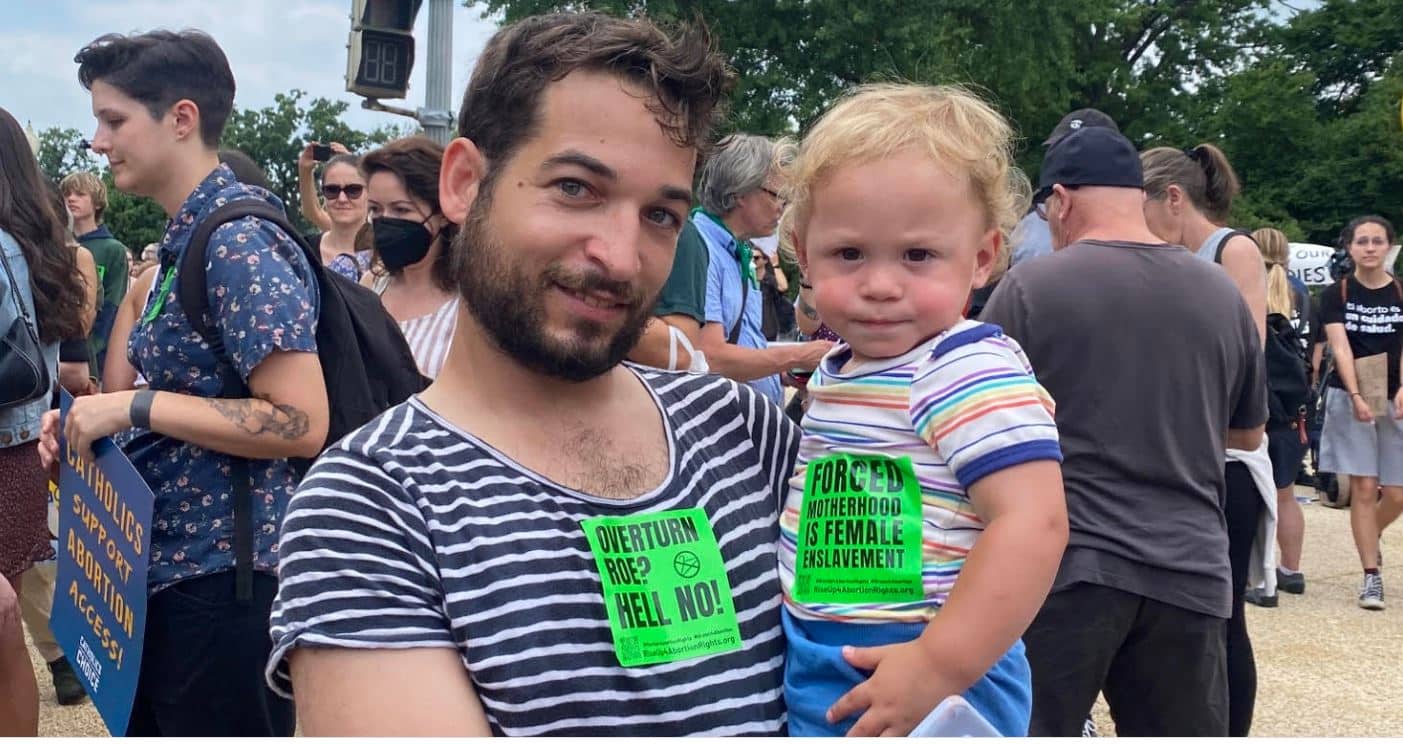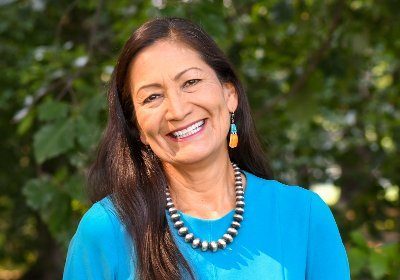Gen Z Reacts to No-Roe World

WASHINGTON — Since the Supreme Court overturned Roe v. Wade Friday, anti-abortion groups have been celebrating their victory and abortion rights groups have been mourning their loss, worried about what this means for the future of the country.
Each generation protesting the decision seems to have a different reason for doing so.
Fifty-year-old mothers who grew up with the assumption that Roe would always be in place are now concerned for their children.
Abortion rights advocates from Generation Z, a cohort born roughly between 1997 and 2012, are scared to live in a no-Roe America.
For Rebecca, an 18-year-old from Washington, the Court’s decision to overturn Roe with its ruling in Dobbs v. Jackson Women’s Health Organization, is a call to action. In an interview with The Well News this week, she said she is excited for the ability to vote this coming year on these issues.
She also said she sees herself as being far more of an activist moving forward, one among many hoping to create a wall of blue states to stymie the advance of anti-abortion legislation in states that currently aren’t a solid red or blue.
“I definitely think it’s good that I’m moving to a purple state for at least four years,” she said.
“I mean, I’m only one person, but my college town is 100,000 people,” Rebecca continued.
“While I don’t think its necessary for every abortion rights advocate to move to a state for the purpose of making it blue, it’s certainly helpful,” she said.
But in the abortion debate, motivation goes both ways.
Kaine Spitak, a 24-year-old anti-abortion advocate from Pennsylvania, said she too is going to be motivated to vote this fall.
“Pennsylvania’s very purple,” Spitak said, adding, “It is likely going to be a battleground” for abortion issues.
How her home state ultimately comes down on abortion, is “going to come down to who wins some key races, especially our race for governor,” Spitak said.
Now that the Supreme Court has pushed the responsibility to legislate on abortion down to the states, without federal interference, Spitak and other anti-abortion activists are also eyeing the purple and blue states on the electoral map.
In the wake of the ruling, she said, “I definitely think I’m going to need to move to states that don’t have trigger laws or that plan to expand abortion access, to continue to do this work and raising awareness about the issue.”
On Friday, President Joe Biden spoke of the ramifications of the Dobbs decision, raising concerns over what this ruling means for other landmark cases in the Supreme Court, such as Obergefell, the 2015 case in which a very different court ruled that gays have a constitutional right to marry in this country.
“This fall, we must elect more senators and representatives to codify a women’s right to choose … This fall, Roe is on the ballot. Personal freedoms are on the ballot. The right to privacy, liberty, equality — they’re all on the ballot,” Biden said.
“Justice Thomas explicitly called to reconsider the right of marriage equality, the right of couples to make their choices on contraception. This is an extreme and dangerous path the court is taking us on,” he added.
Hope Petralia, a 20-year-old LGBTQ+ abortion rights advocate, worried the overturning of Roe will turn 2022 into a single-issue year on the ballot.
“[W]e aren’t supposed to vote on one issue, we are supposed to vote on a whole person, a whole candidate [who] will provide … the best representation that we want and I think voting on one issue isn’t the way to do that,” Petralia said.
She is also nervous about what this ruling means beyond abortion access, such as whether same-sex marriage will be legal by the time she wants to get married.
“All LGBT people want is equal rights,” Petralia said.
Common among abortion rights advocates who spoke to The Well News for this article was a desire to stay in the United States and fight for rights they believe to be fundamental.
“We need to vote … that’s the only way we are going to get the things we want. … It is a democracy after all and we can’t abandon democracy because we don’t like how it’s going. We have to fight through it,” Petralia said.
Natalie can be reached at [email protected] and @nataliemcc212






















